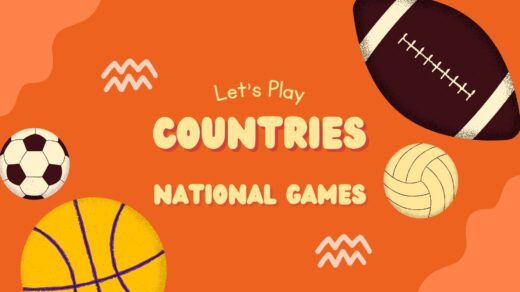The Importance of Physical Education in the Modern Era
In our fast-paced, technology-driven world, the value of physical education (PE) is frequently underestimated. Despite this, its importance is greater than ever. Physical education enhances physical fitness, contributes to mental health, builds social skills, and improves academic achievement. Here’s why PE is a crucial part of today’s educational framework.
1. Physical Health
Reduces Obesity
Engaging in regular physical activities helps in burning calories and maintaining a healthy weight, thereby reducing the risk of obesity.
Improves Cardiovascular Health
Physical education promotes activities that enhance heart and lung function, reducing the risk of cardiovascular diseases.
Strengthens Muscles and Bones
Regular exercise builds and maintains strong muscles and bones, preventing conditions like osteoporosis.
2. Mental Health
Reduces Stress and Anxiety
Physical activity releases endorphins, which help to alleviate stress and reduce feelings of anxiety.
Improves Mood and Mental Well-being
Exercise can improve overall mood and provide a sense of well-being, combating depression.
Enhances Cognitive Function
Physical education activities can improve brain function, memory, and learning abilities.
3. Social Skills
Encourages Teamwork
Participation in team sports and activities fosters cooperation and teamwork.
Develops Leadership Skills
Physical education provides opportunities for individuals to take on leadership roles and develop leadership skills.
Fosters Communication
Engaging in sports and group activities enhances communication skills and the ability to work with others.
4. Encourages Healthy Habits
Discipline
Regular physical education teaches discipline through structured routines and adherence to rules.
Promotes Lifelong Fitness
Early exposure to physical activities encourages a lifelong commitment to staying active.
Educates on Nutrition
Physical education often includes lessons on the importance of nutrition and maintaining a balanced diet.
5. Enhances Academic Performance
Improves Concentration
Exercise increases blood flow to the brain, enhancing concentration and focus in academic tasks.
Boost memory
Regular physical activity has been shown to improve memory retention and cognitive function.
Increases Academic Engagement
Students who are physically active tend to be more engaged and perform better academically.
6. Provides Recreational Opportunities
Offers Fun and Enjoyment
Physical education includes activities that are enjoyable and provide a break from routine academic work.
Provides Stress Relief
Engaging in recreational physical activities helps relieve stress and improve overall mental health.
Encourages Active Leisure Activities
Physical education promotes a variety of leisure activities that keep individuals active and healthy.
Conclusion
Physical education plays a crucial role in the modern era by promoting overall well-being. It enhances physical health, boosts mental health, and fosters important social skills. Moreover, it encourages the development of healthy habits and contributes positively to academic performance. Through recreational opportunities, physical education provides fun, enjoyment, and stress relief, encouraging individuals to maintain an active and healthy lifestyle throughout their lives. By integrating physical education into our daily routines, we can build a healthier, more engaged, and well-rounded society.



